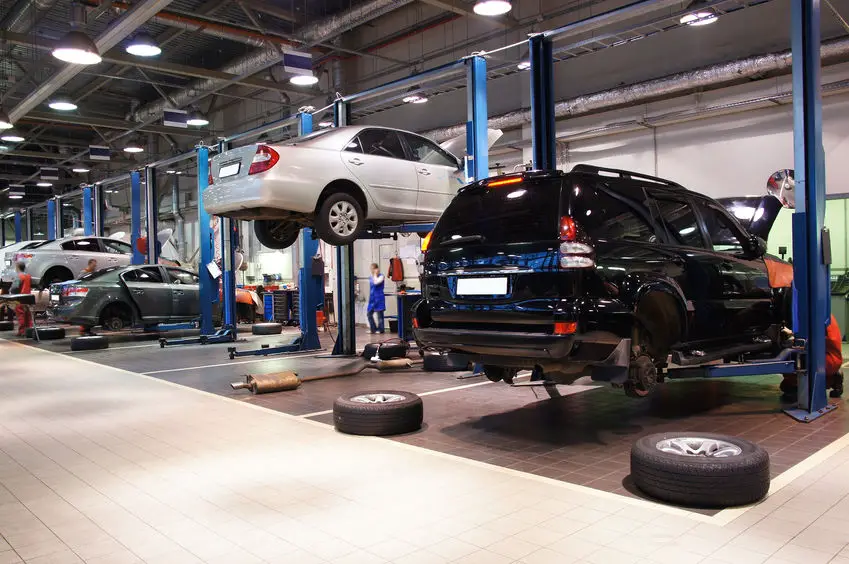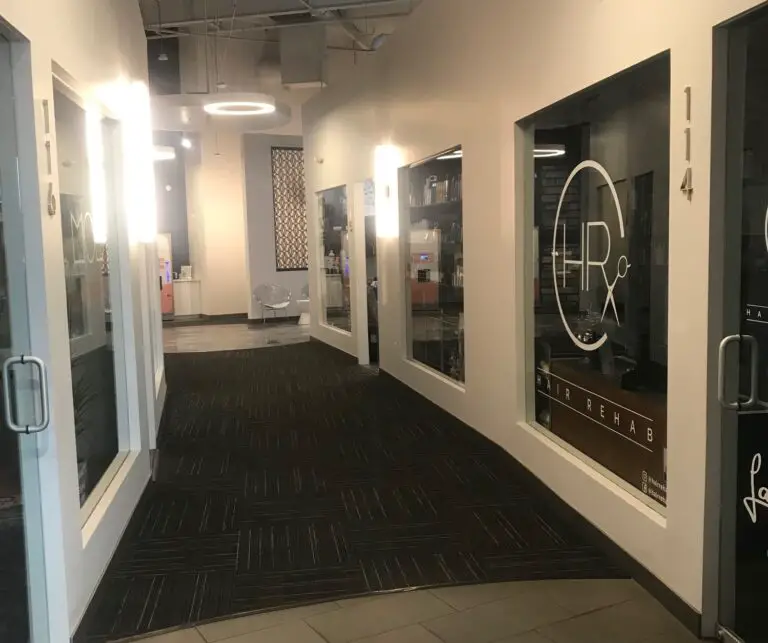The Rise of Do-It-Yourself Auto Shops
The creative juices of American entrepreneurship have launched a new business model that many people are not aware of. Many people enjoy working on cars, or work on their own cars out of necessity because they don’t have the money to pay for expensive repairs. Working on the car in your driveway or apartment complex parking lot may be OK to a point, but the biggest problem is that you can’t get the car up in the air; you need a lift. You can’t just go to a AAMCO, BrakesPlus, Caliber Collision, or Big O Tires, and say, “Hey buddy, can I use your lift?” They’d tell you no way, and wouldn’t let you get past the lobby. They aren’t going to let a competitor come in there and use their lift and their real estate; it is completely counter to their business model. This pent up demand is finally being met by do-it-yourself auto shops.
At shops like Rent-A-Lift in Phoenix, you can rent by the hour, day, or month. You bring your own tools and do all the work yourself. You sign a liability waiver, and then pay for the amount of time you use. It is a similar story at My Mechanics Place in the Detroit area or Bay 6 Self-Service Garage in the Cincinnati area. In some DIY auto shops, you simply rent a bay. In others, there are tools and equipment available for rent, fancy lounges, and other services available. There is even a booking app that has sprung up called GarageTime that lists standalone DIY shops, automotive shops that will let you rent one of their bays, and even people that have their own private garages available for rent.
This business model will likely expand like wildfire, and it won’t just be do-it-yourselfer car guys that benefit. Internet-enabled apps and websites like YourMechanic allow independent car repairmen to come to your home or office to repair your vehicle at prices below what the dealers charge. However, there are a lot of repairs they cannot do because they don’t have a lift or don’t have the advanced equipment you need for that one particular repair. If they had easy access to a lift and more equipment or machines, they could do far more repairs. Think about salon suites. A single self-employed hairdresser doesn’t need to own a building with 20 hair cutting stations and 8 shampoo chairs in order to cut hair. They also don’t have to work for a salon that takes a percentage of their sales. They can rent a salon suite with just 1 chair for a monthly fee. Many personal trainers follow a similar business model where they don’t own a large gym or work for one; they just pay a fee to use it for their training businesses. Today you have virtual restaurants that sell their food on delivery apps and don’t actually have any chairs or tables (they rent space at a commercial kitchen). You could have virtual auto repair shop, virtual car paint shops, virtual car vinyl wrap shops, etc. that don’t own any real estate but rent an auto shop space or bay on a daily or monthly basis.
From an investment standpoint, there are many different ways to approach this market. You could own an auto building and rent out the bays yourself. Or you could be completely hands off and rent the building to a company that turns around and subleases individual bays (kind of like WeWork/Regus leasing out individual desks or offices). This could be a way to land bank a valuable redevelopment site by leasing space on a monthly basis until it is time to tear the building down for a higher and better use. Or a way to monetize unused space in a large warehouse. There is no doubt that there will be will see many variations of the DIY concept rolling out in the next few years.

